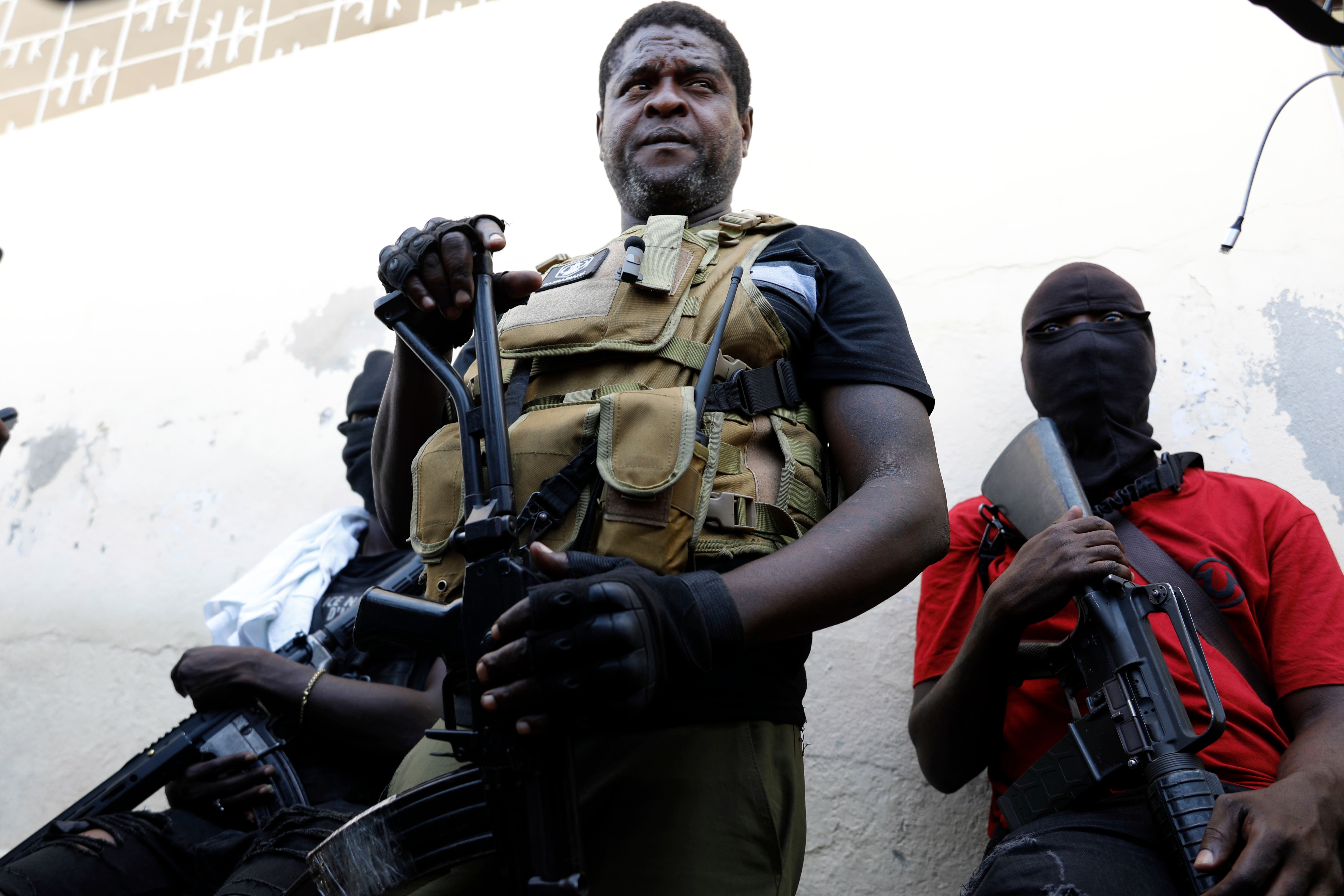UK warns against all travel to Haiti as violence continues
There are no British consular officials in the country as embassy staff relocated to the neighbouring Dominican Republic in November 2019

Your support helps us to tell the story
From reproductive rights to climate change to Big Tech, The Independent is on the ground when the story is developing. Whether it's investigating the financials of Elon Musk's pro-Trump PAC or producing our latest documentary, 'The A Word', which shines a light on the American women fighting for reproductive rights, we know how important it is to parse out the facts from the messaging.
At such a critical moment in US history, we need reporters on the ground. Your donation allows us to keep sending journalists to speak to both sides of the story.
The Independent is trusted by Americans across the entire political spectrum. And unlike many other quality news outlets, we choose not to lock Americans out of our reporting and analysis with paywalls. We believe quality journalism should be available to everyone, paid for by those who can afford it.
Your support makes all the difference.The UK Government is warning against all travel to Haiti amid intense fighting and spiralling gang violence in the Caribbean country.
Attacks on key government targets across the capital, Port-au-Prince, began on February 29, orchestrated by powerful gangs pushing for Prime Minister Ariel Henry’s removal.
There are no British consular officials in the country as embassy staff relocated to the neighbouring Dominican Republic in November 2019.
Consular assistance from the embassy is “severely limited” and “cannot be delivered in person” in Haiti, the Foreign, Commonwealth & Development Office (FCDO) said.
A message on its website reads: “FCDO advises against all travel to Haiti due to the volatile security situation.”
Gunmen have burned police stations, closed the main international airports and raided the country’s two biggest prisons, releasing more than 4,000 inmates.
Many people have been killed, and more than 15,000 people are homeless after escaping neighbourhoods raided by gangs.
The United States says it has airlifted non-essential embassy staff from Port-au-Prince.
Mr Henry remains locked out of his country, landing in Puerto Rico last week after being denied entry into the Dominican Republic.
When the attacks began, Mr Henry was in Kenya pushing for the UN-backed deployment of a police force from the east African country that has been delayed by a court ruling.
A growing number of people are demanding the resignation of Mr Henry, who has not issued any public comment since the attacks began.